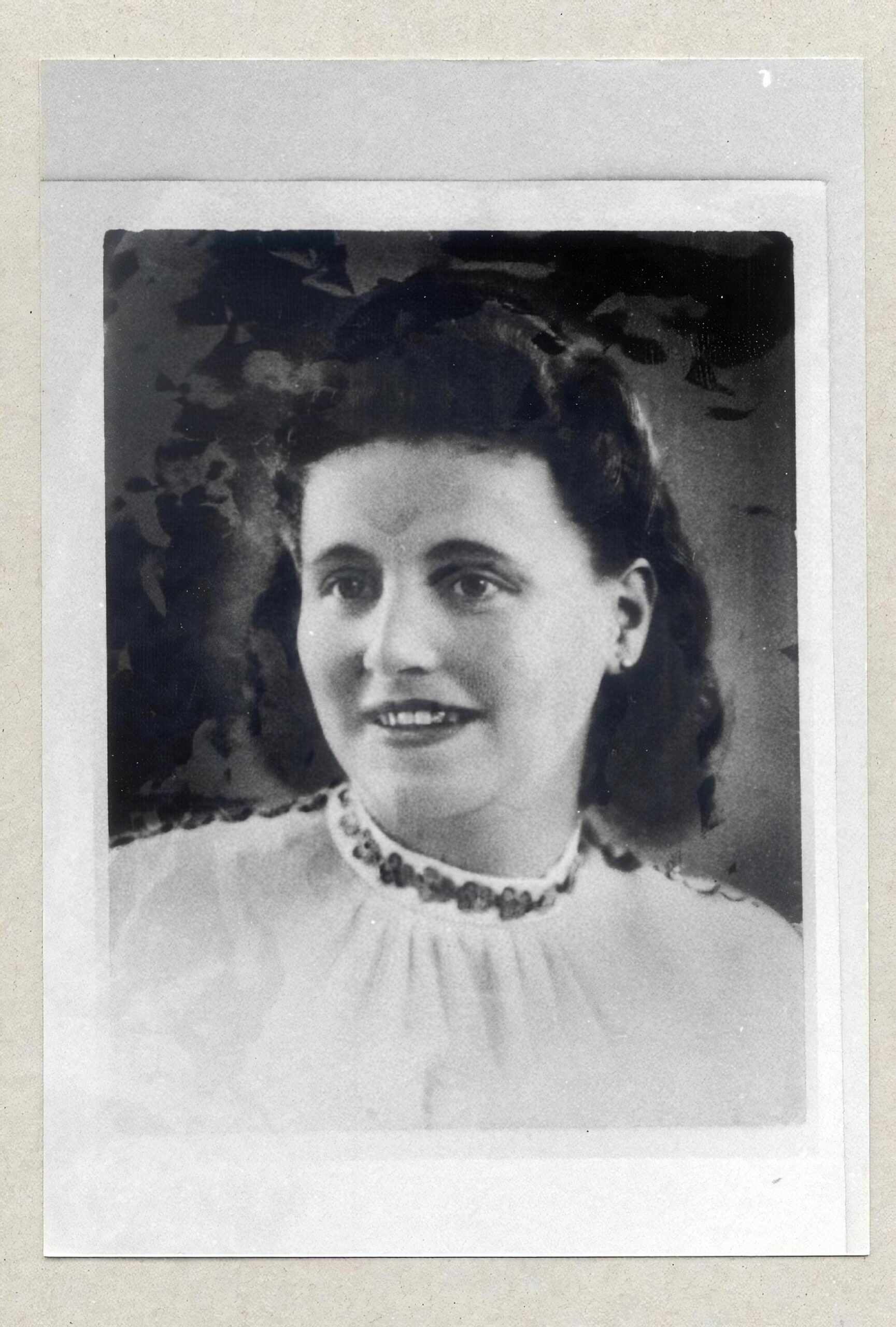The life story of Malka Zimetbaum takes us from Poland to Belgium and back to a tragic end in Poland. Today Malka is a symbol of Jewish resistance in Auschwitz and a testimony of the transnational experience that the Second World War was for many of those involved.
When Malka was 10 years old she migrated from Poland to Antwerp with her brother and parents. In school, Malka excelled in languages, gaining proficiency in Dutch, French, German, English, and Polish.
During the Nazi-occupation of Belgium, Malka’s family was obliged to subscribe to the Jewish register. From June 1942 she had to wear the Jewish Badge. Malka was arrested at Antwerp Central Station in July 1942. She was on her way back from Brussels, where she had attempted to find a hiding place for her family.
Malka was deported to Auschwitz-Birkenau in September 1942. Upon arrival she was selected to work as an interpreter and messenger because of her language skills. This job meant Malka was in a privileged position that allowed her to help fellow prisoners. She tried to have inmates assigned more comfortable jobs; she got food and medicine for people in need and cheered people up. She would also warn hospital patients of coming ‘selections’, urging them to leave the hospital as quickly as possible. This is where Malka received the nickname Mala la Belge.
Malka fell in love with the Polish political prisoner Edek Galiński. Together, the couple managed to escape in June 1944, but they were caught only two weeks later. Back in Auschwitz, Edek and Malka were executed at the camp’s assembly square, in front of the other prisoners to deter further escape attempts.
After her death Mala la Belge became a symbol of solidarity, bravery, compassion, and resistance because of her behavior in the most extreme conditions imaginable.



